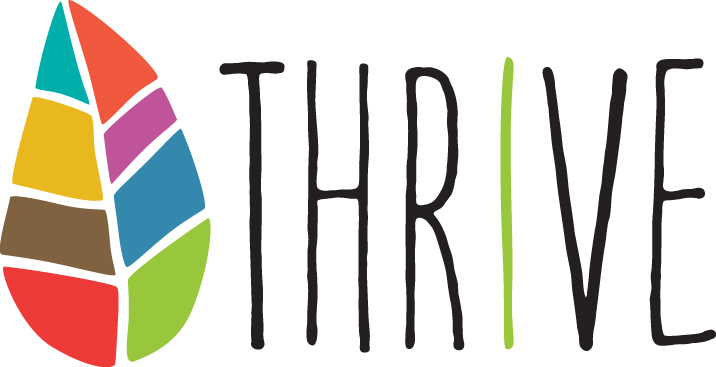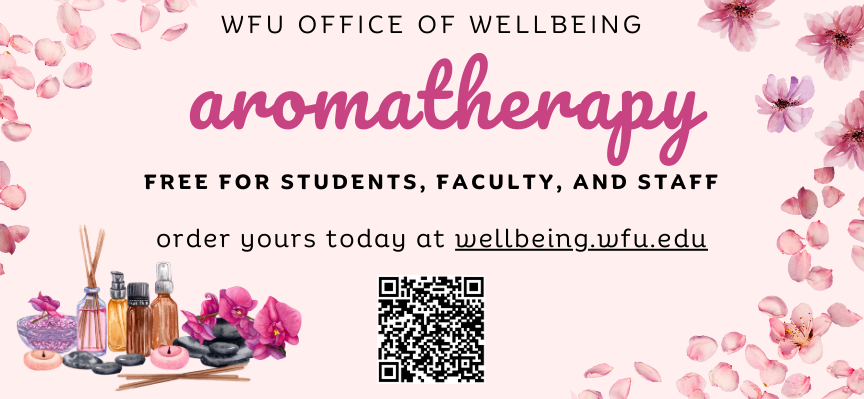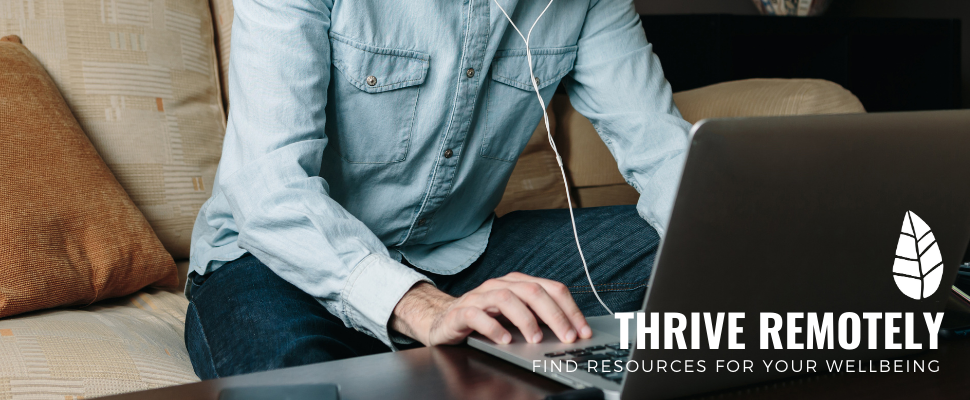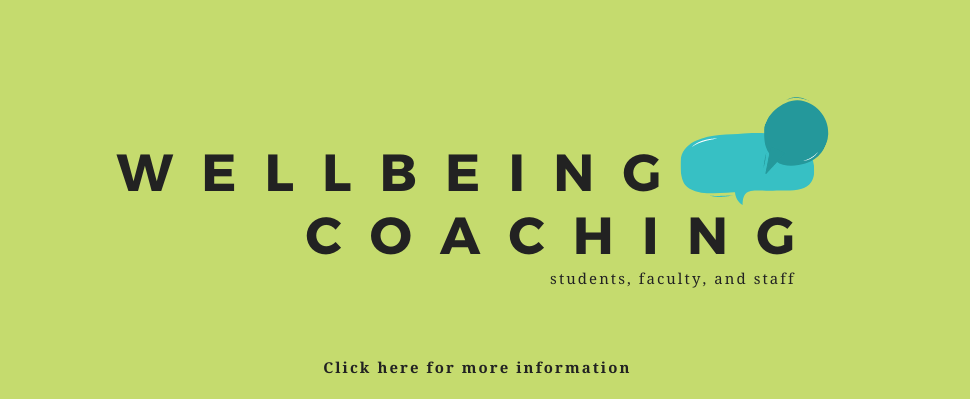
There are eight sides to this story
Wellbeing is about much more than physical health. Here, it’s an eight-dimensional balancing act that – when maintained properly – leaves us best able to cope with adversity through resilience, build rewarding relationships and live with a sense of purpose.
Your wellbeing is, and will always be, your responsibility. We’re here to help you along the way. Wake Forest created Thrive in 2014 to give you the skills, knowledge, and perspective to maintain a healthy, balanced life – wherever life may take you.












